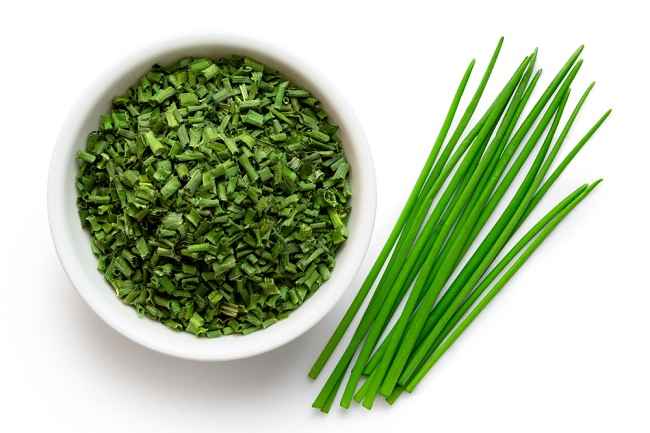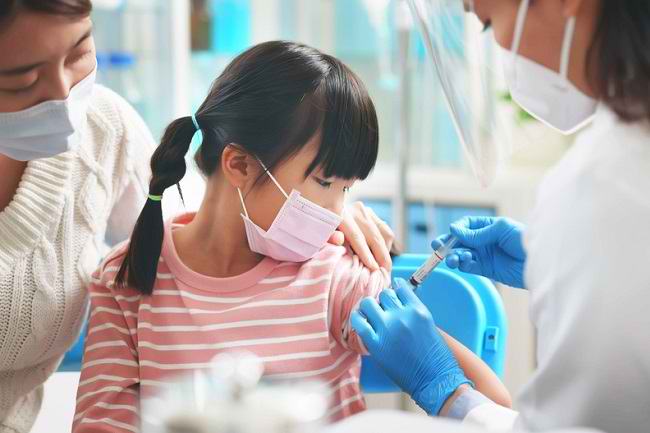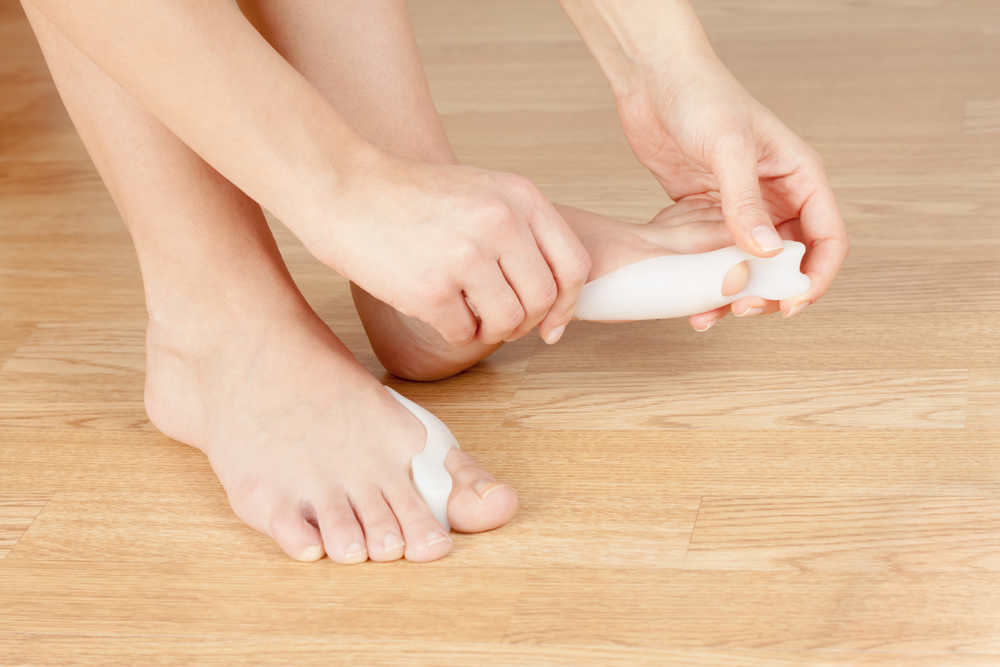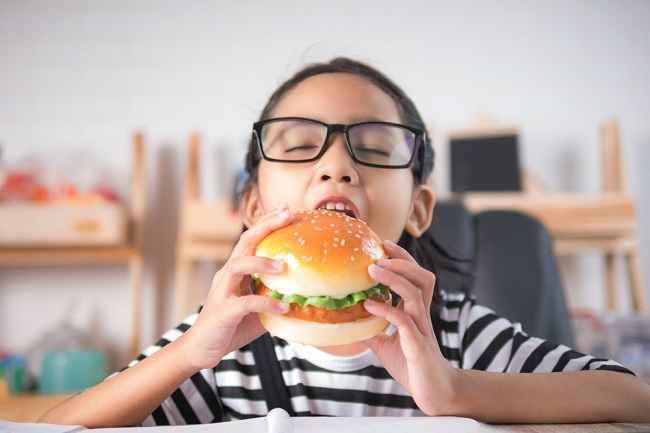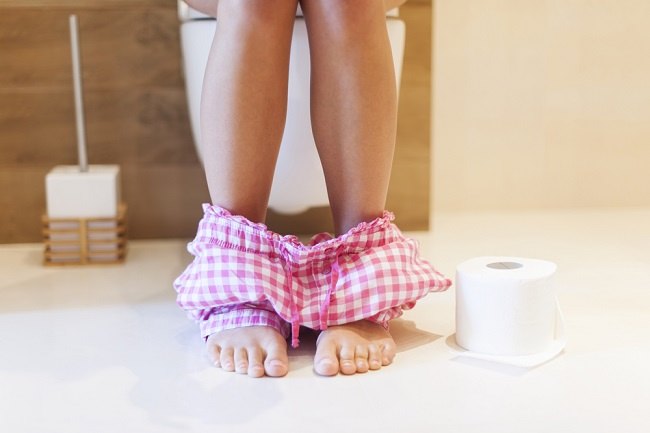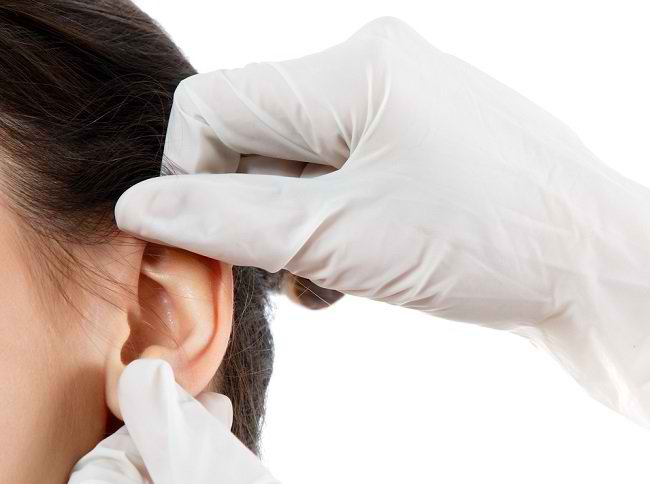There are bSome types of foods are considered as foods that cause kidney failure. What kind of food do you mean? SRead the following explanation so that you are more careful in choosing food to diconsumption, so thatavoid the risk of kidney failure.
Kidneys are one of the main organs in the human body. Kidneys have many functions, including filtering blood, removing waste or metabolic waste, controlling blood pressure, and regulating fluid and electrolyte balance in the blood.

When a person experiences kidney failure, the kidney functions do not work normally. Kidney failure is not only caused by an illness or an unhealthy lifestyle. Your risk of developing kidney failure will also increase if you frequently eat foods that are known to cause kidney failure.
Limit Consumption of Foods That Cause Kidney Failure
You can maintain kidney health by limiting the consumption of the following foods that cause kidney failure:
1. Foods high in salt (sodium)
You can only eat foods that contain salt (sodium / sodium). However, the amount needs to be limited, which is no more than 2000 mg of sodium per day. The recommended limit for sodium intake to maintain kidney health is equivalent to 1 to 1.5 teaspoons of salt per day.
When you eat too much salt, your kidneys need to work harder to get rid of sodium. This increased workload on the kidneys can damage the kidneys and cause kidney failure.
In addition, salt or sodium intake needs to be limited because if the amount is too much, it can cause high blood pressure. If left prolonged, high blood pressure can cause permanent kidney damage.
Some high-sodium foods that you need to limit are processed foods, such as sausage, corned beef, and anchovies. When eating processed foods, pay attention to the sodium content listed on the packaging. If available, you should choose foods labeled low in salt or salt free.
2. Foods that contain too much protein
Protein basically has many health benefits, including repairing body tissues, maintaining healthy bones, controlling blood pressure, and increasing muscle mass. However, if the amount consumed exceeds the need, protein actually has the potential to damage the kidneys.
When the body gets protein intake from food, the protein will be processed through metabolic processes. This process will produce residual substances or waste which will later be removed from the body by the kidneys.
Consuming too many high protein foods will increase the workload of the kidneys because they have to get rid of more waste products of protein metabolism. This is one of the reasons why people with kidney disease, such as kidney failure, need to limit protein intake.
The recommended daily protein intake for adults is 55-60 grams per day. Foods that contain high protein include meat, fish, nuts, eggs, and milk and its products, such as yogurt and cheese.
3. Foods high in sugar
Eating foods that contain a lot of sugar can cause high blood sugar levels. If this habit is not stopped, this high blood sugar over time can make insulin difficult to work. As a result, you can develop diabetes.
If you already have diabetes, especially if blood sugar levels tend to be uncontrolled, complications can arise in the kidneys called diabetic nephropathy. This is the reason why the habit of consuming foods high in sugar can cause kidney damage.
Therefore, start limiting the consumption of foods that contain sugar. Some high-sugar foods that you may encounter often are sweet soy sauce, candy, chocolate, ice cream, and cereals.
4. Foods high in phosphorus
Phosphorus is actually needed by the body to maintain bone health. However, the amount of consumption must be considered, because some studies suggest that consuming too much phosphorus can increase a person's risk of developing kidney disease.
Phosphorus consumption should not be more than 1000 mg per day. If you consume more phosphorus than that, not only kidney disease is stalking you, but also heart disease and weakened bones.
Foods that need to be limited because they contain high phosphorus are:
- Dark chocolate.
- Milk and its processed products, such as cheese.
- Sea food.
- Meat and offal.
- Vegetables, especially spinach, kale, and turnips.
- Nuts.
Other Things To Do uTo Prevent Kidney Failure
In addition to limiting the consumption of the foods above, there are several other things you can do to avoid kidney failure, namely:
- Drink lots of water, at least 8 glasses a day.
- Avoid smoking and limit alcoholic beverages.
- Consume foods that are good for the kidneys, such as apples, onions, and pineapples.
- Do exercise regularly.
- Avoid the habit of holding pee.
- Avoid taking drugs, herbs, or supplements in the long term, especially if they are not recommended
You also need to regularly see a kidney doctor if you are at risk for developing kidney problems, for example if you have hypertension or diabetes.
That way, the doctor can explain what efforts you can take to maintain kidney health, as well as detect early if there are problems with your kidneys, so that treatment steps can be taken immediately.
Foods that cause kidney failure generally can cause kidney problems if consumed in excessive amounts. Therefore, pay close attention to the type and amount of food you consume. If necessary, consult with your doctor about the types of foods you should avoid and limit, according to your condition.
